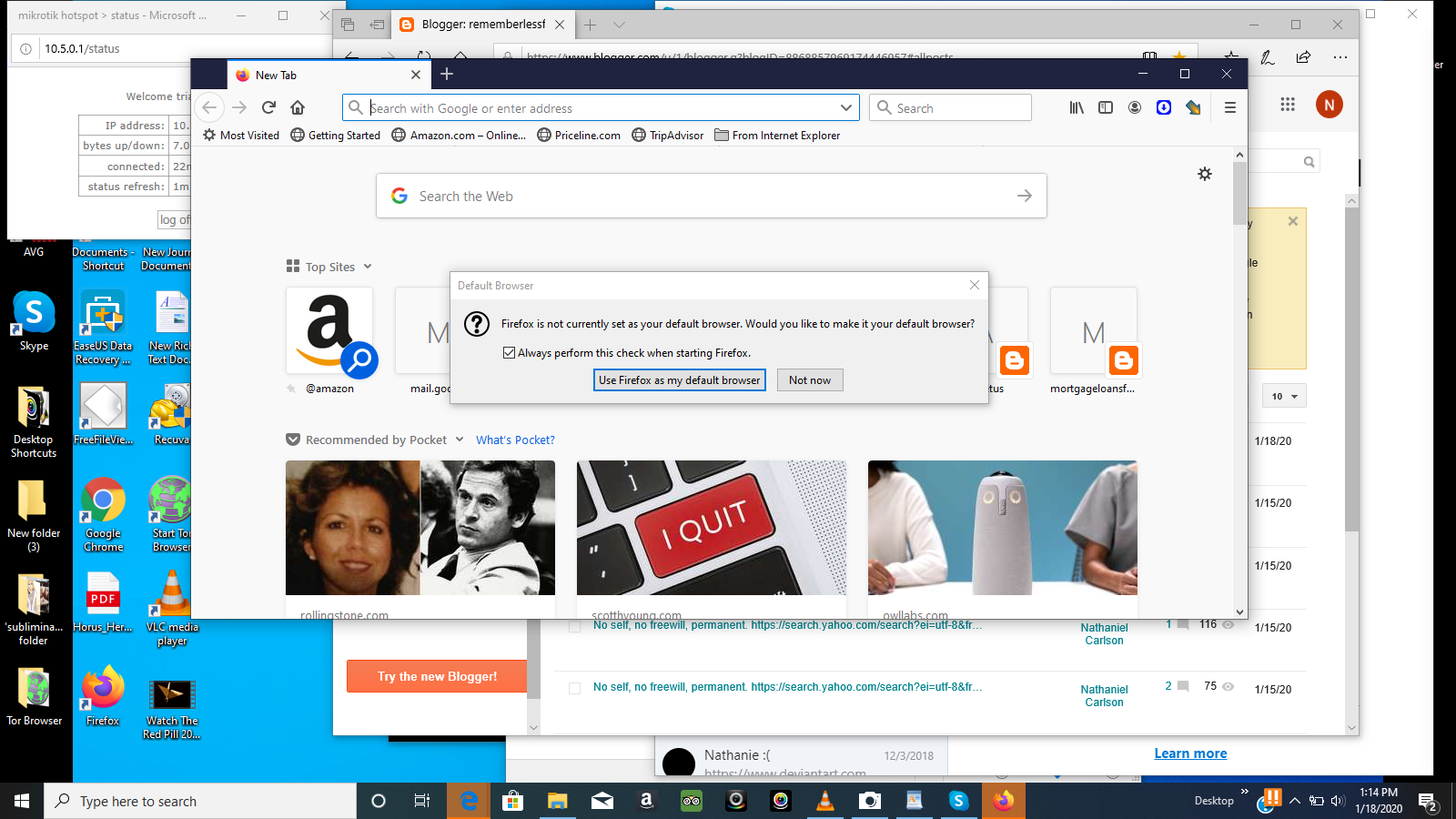New players Only. £10 min deposit. £5 max bet using bonus. 40 x Does Using Gambling Sites Affect Your Credit Rating wagering applies. Bonus valid for 14 days. 20 Spins on Starburst games will be credited instantly + then 20 per day for 9 days. Free Spins valid for 72 hours from credit. Max Free Spins winnings £100. Skrill + Neteller excluded. Claim up to a whopping £500 + 50 bonus spins when you sign up to Diamond 7 Does Gambling Sites Affect Credit Rating through GamblingMetropolis. Wagering requirement 35x.
- Does Using Gambling Sites Affect Your Credit Rating Check
- Does Using Gambling Sites Affect Your Credit Rating Against
- Does Using Gambling Sites Affect Your Credit Rating Credit
- Does Using Gambling Sites Affect Your Credit Ratings
The major banks and building societies are starting to lend more to borrowers with good credit and a hefty deposit. Some banks will examine everything going in and out of your bank account, and those will typically dish out the best interest rates. Other lenders might not be as stringent.
The important thing is to get a good mortgage broker. They can do all the relevant checks first before recommending you to a bank. The broker will also assess your gambling for any pitfalls, however.
PROFESSIONAL GAMBLING:
If you’re a professional gambler, lenders will not look favourably on you if you are making your living from slots and sportsbetting. With no tax on UK gambling winnings, gamblers will effectively have no taxable income – and it doesn’t matter how well you’ve hit that jackpot on Mega Moolah.
Lenders don’t see gambling as a sustainable source of income (and even ‘skill’ games like poker are considered gambling). Some unsecure lenders will be more lenient on your information, but the interest rates could be higher.
One tip that professional gamblers use is to have a secondary source of income, like a part-time PAYE job with a contract. Gambling winnings can go towards a deposit while the contract can be used to apply for the mortgage itself.
CASUAL GAMBLING:
Even “hobby” gamblers can fall foul of the lenders. One mortgage broker told us:
“We have had a client turned down by a lender for spending a just a few hundred pounds a month or so on an online bingo website. ”
The key is how regular the gambling is. If you deposit £200-300 a month or more regularly into a casino online, the banks will flag it up.
More than two million shoppers have damaged their credit scores by using ‘buy now, pay later’ schemes, according to new research. But does this mean you should avoid them?
Buy now, pay later (BNPL) schemes allow shoppers to delay paying for a purchase and are becoming a more common option at the online checkout. Klarna, Laybuy and Clearpay are just some of the firms offering shoppers the chance to spread payments when shopping with big retailers such as Asos and Marks & Spencer.
However, ‘BNPL’ also encompasses other, more old-fashioned payment methods, such as store cards and catalogue credit.
So what is the truth about this form of shopping, and should you use it? Here, Which? reveals which BNPL schemes impact your credit score, how to check whether you’ve been affected and how to pay in a savvy way that won’t end up costing you more.
How many people are using BNPL?

One in five shoppers have used a BNPL scheme over the past year, according to a Compare the Market survey of 2,096 people.
Of those, one in five say it has negatively impacted their credit score.
The research found young people aged 25 to 34 are particularly dependent on BNPL; with a third using the scheme during the past year and four in 10 reporting their score had suffered a hit.
- Find out more:how to check your credit score for free
How can BNPL impact your credit score?
Worryingly, the research found that two fifths were unaware BNPL schemes could impact their credit score.
Using a credit card, store card or schemes like Laybuy, Clearpay or Klarna can damage your credit score if you miss a payment and fail to repay what you have borrowed.
Missed payments or failure to pay back what you owe (known as defaulting) can be noted on your credit report and the mark can stay there for six years.
This information will be visible to lenders and could mean you could find it difficult to get approved for future credit, such as a loan or mortgage.
- Find out more:credit reports explained

Will using BNPL schemes damage your credit rating?
You’re unlikely to have damaged your credit score if you’ve adhered to the terms and conditions of your BNPL scheme.
But if you’ve missed repayments or failed to repay what you owe, the firm you made an agreement with may have reported it to a credit reference agency (CRA) who would have noted it on your credit report.
We asked Experian, one of the UK’s biggest credit reference agencies, if people should steer clear of BNPL schemes.
It stressed that if used properly, these schemes won’t hurt your credit rating, and in some cases could even strengthen it.
An Experian spokesperson said: ‘It’s always important for people to carefully check what they’re signing up for.
‘For example, if you take out credit and then miss the repayment deadlines, you could end up with negative information on your credit report that will adversely impact your credit score.
‘However, if retail credit is used sensibly and repaid on time, it can actually help people strengthen their credit history and improve their score.’
- Find out more:how to check your credit score for free
The debt dangers of BNPL schemes

The research highlighted some of the dangers BNPL schemes pose to shoppers not familiar with credit or choosing to spread out repayments.
Two fifths of shoppers admitted they spend more when using BNPL than they usually would, and over half felt using it had contributed to increased levels of personal debt.
Another concern was that websites were not properly explaining the risks of choosing to pay later.
One in five of the survey respondents said they weren’t shown the terms and conditions of the offer clearly, and more than half said they would not have purchased the item if they had known that BNPL was the default payment option.
However, the research also found that many shoppers prefer to use BNPL over other forms of credit. Over a third (35%) would choose to use BNPL compared with 15% who would opt for a credit card.
Worryingly, one in 10 shoppers said they chose to use BNPL as they had reached their existing credit card limit already.
- Find out more:44 tips to deal with debt
What do the BNPL providers say?
Buy Now Pay Later is a broad category that encompasses newer schemes such as Klarna, as well as better-known forms of borrowing, such as store cards and catalogue credit.
Does Using Gambling Sites Affect Your Credit Rating Check
However, over the past few years the rise of firms like Klarna, Clearpay and Laybuy, which appear as an option to pay at online checkouts and stores for fashion retailers, has raised concerns about luring younger people into debt.
Compare the Market’s research doesn’t specifically name these firms but they do fall under the categorisation so we asked the firms for a response on the findings.
What did Klarna say?
‘To date, a customer’s credit score has not been impacted by using Klarna’s “Pay later” products even if they have failed to pay on time.’We do have another product called “Financing” (formerly known as Slice it). This is Klarna’s only regulated credit product, with payment plans typically lasting 6-36 months.
‘Similar to all traditional finance providers who offer products of this nature, with the customer’s consent a hard credit check is undertaken. In this instance, there will be a record of the search on the customer’s credit file with the CRA.
‘The shopper must proactively complete, be approved for and sign a regulated credit agreement, where they are advised of the implications of non-payment prior to application. If a customer fails to pay on time for this, the credit reference agencies are informed, which may have an impact on their credit score.
‘Less than 0.5% of Klarna UK customers have had their credit score impacted as a consequence of missing payments.’
What did Clearpay say?
Does Using Gambling Sites Affect Your Credit Rating Against
Clearpay told us that while it can report on people’s credit files, it has not done so during the four years it has been operating.
What did Laybuy say?
‘We conduct thorough and independent credit and affordability checks with our partner, Experian, for all new Laybuy accounts. It is made absolutely clear to new customers who sign up to use our service that this check will take place.
‘We integrated independent credit and affordability scoring from day one because it is the most responsible way to look after our customers’ welfare and to set appropriate credit limits. As a result of this and our policy to never charge interest on any purchase, we have an extremely low payment default rate.
‘When a shopper defaults on their payments, Laybuy works with them to resolve that default. If they do not respond to our communications and efforts to work with them within a 45-day grace period, their credit score is adversely impacted.
‘This is no different from any credit provider. Laybuy advises customers of that consequence in our communications to them.’
New rules for BNPL schemes
Does Using Gambling Sites Affect Your Credit Rating Credit
Last year, the Financial Conduct Authority (FCA) began to crack down on one of the most controversial elements of BNPL schemes – interest being charged on the whole sum borrowed even if a borrower has paid off part of it.
For example, if you’d originally borrowed £1,000 and had £200 left to pay, at a 40% interest rate you would be liable to pay £400 instead of £80.
The new rules, which came into force on 12 November 2019, mean that firms cannot charge backdated interest, just the parts that remain outstanding.
How to use Klarna, Laybuy and Clearpay safely
If used responsibly, BNPL schemes can be quite advantageous. Here are some tips for using BNPL schemes like Klarna, Laybuy and Clearpay safely:
Does Using Gambling Sites Affect Your Credit Ratings
- Set a spending limit: with so many different schemes it’s easy to lose track of all the mini-loans you’re taking out. Make sure you set a spending limit so these don’t spiral out of control.
- Use reminders: taking out multiple loans with different providers can make it hard to know what to pay when. Use reminders to track when you need to make repayments.
- Return unwanted items promptly: if you’re ordering multiple sizes or just a range of clothes to try before deciding what to keep, do your returns promptly to ensure your balance is updated before payment is due.
- Don’t keep quiet: if you’re going to struggle to meet the repayments, contact the company. They may be able to freeze late fees or offer an alternative arrangement.
Find out more:44 tips to deal with debt